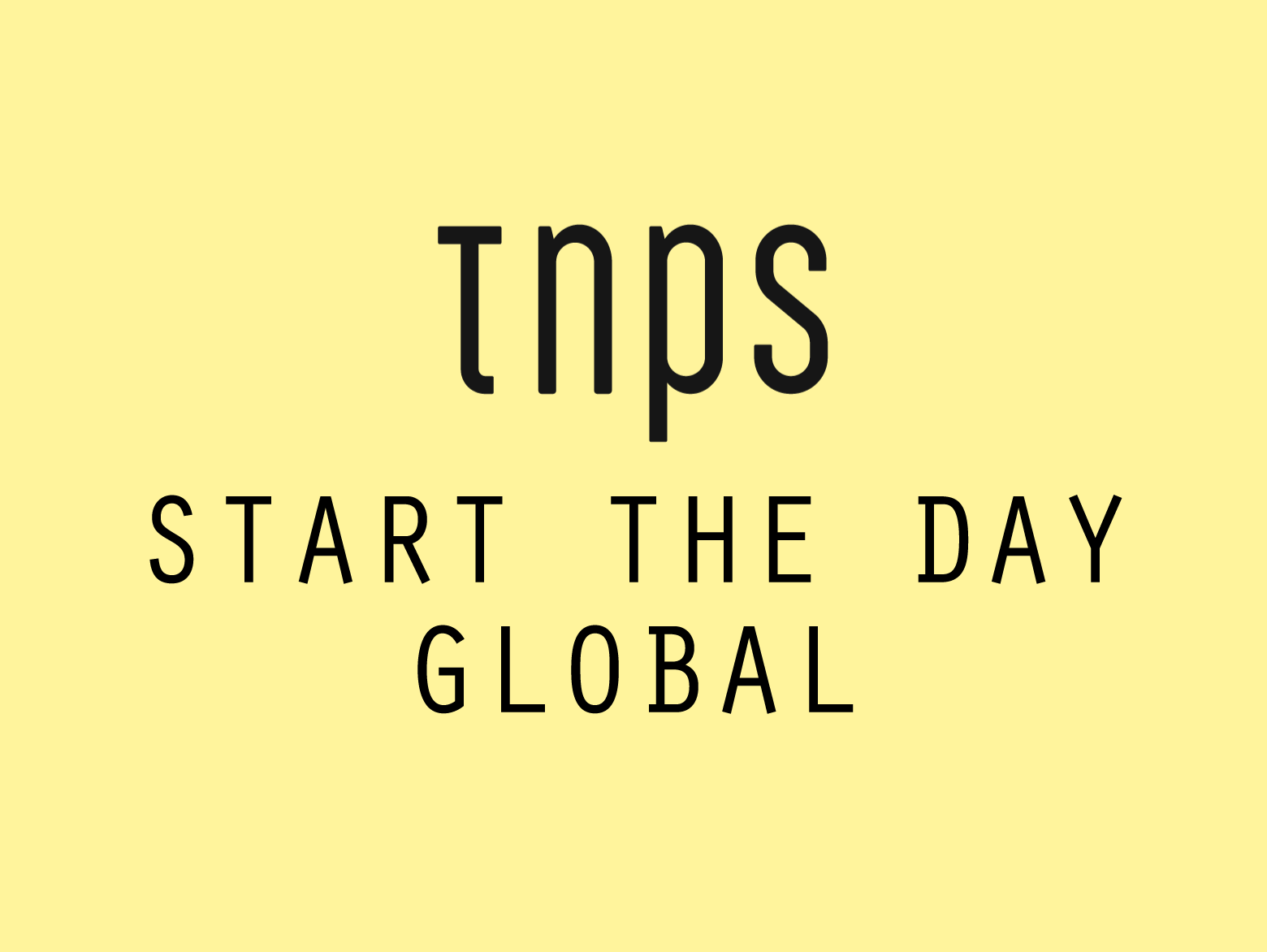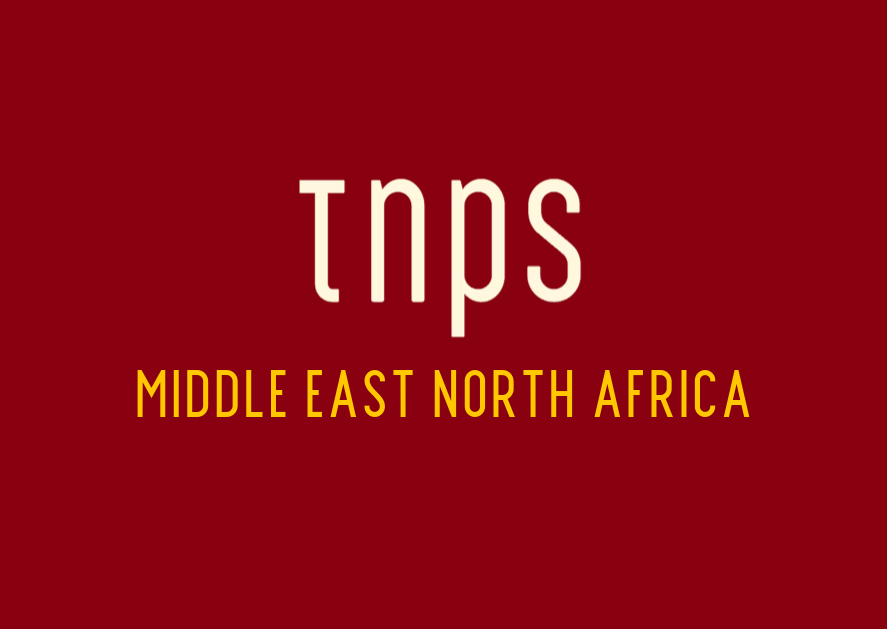A report in Bulgaria’s Investor this week notes audio is now the fastest growing sector of Bulgarian publishing.
The OP is, appropriately, in audio, and of course Bulgarian, so I’ve not been able to decipher much from the commentary, but the news gives pause for thought as to where Jonas Tellander will venture next with the Storytel saga.
Bulgaria became Storytel’s 15th market as 2018 closed, so less than nine months ago, and we can safely say the growth in the audiobooks sector in the country since has been very much down to Storytel.
https://thenewpublishingstandard.com/storytel-launches-in-bulgaria-15th-market-storytel-international-site-links-drops-from-30-to-17/
In every new market Storytel launches there is substantial growth, even where previously audio was all but non-existent, or still at the CD and tape stage.
The Storytel one-country-at-a-time model gives it a clear advantage in the countries it does launch in, but also means it effectively locks itself out of all the countries it does not launch in. That said, where there is obvious linguistic overlap, as with Storytel Arabia working out of the UAE, and Storytel Mexico with potential linguistic reach across Latin America, the limits are not so clearly defined. But in practical terms the one-country-at-a-time model applies.
Currently Storytel is in Scandinavia (Sweden, Norway, Denmark, Finland and Iceland) – West Europe (Netherlands, Spain, Germany, Italy) – East Europe (Russia, Poland, Turkey, Bulgaria – Asia (India, UAE, with South Korea pending) – SE Asia (Singapore, with ((unconfirmed)) Thailand pending) and Latin America (Mexico, with Brazil pending).
Tellander has made clear his intent to expand in SE Asia and Latin America, and while there’s no official word yet, the logical next steps for 2020 will be the Philippines, Malaysia, Indonesia and Vietnam for SE Asia, and Argentina, Colombia and Chile for Latin America.
Outside Scandinavia, which were stepping stones, and perhaps Bulgaria, Storytel has opted for the larger markets (Singapore the exception, but that’s very advanced digitally, and English-language). It may well be Tellander is not that interested, for now, in the rest of east Europe and in the smaller Latin American countries given the country manager costs involved and the relatively low populations meaning a slow ROI.
For Asia, having expanded already beyond its stated SE Asia plans with the South Korea launch due by year’s end, we might consider Taiwan and Japan as the only other likely targets for 2020. On LinkedIn a jobs ad for a South Korea marketing manager notes vaguely,
we expect to enter several new markets within the coming years (adding) as the Online Marketing manager for Storytel South Korea, you will take ownership of our online marketing activities in South Korea, and in a number of other markets in the APAC region.
APAC could of course embrace south Asia nations like Pakistan, Myanmar, Sri Lanka and Bangladesh, all with enormous potential, but I’d deem them not to be priorities for Tellander at this stage.
For North America, with Mexico in the bag, the Caribbean islands are also likely too small to interest Tellander for now, and of course the USA and Canada are going to be resistant to Storytel’s consumption and remuneration model.
The same argument applies to western Europe (Portugal perhaps the exception given shared language with the Brazilian venture) and Oceania, where most countries are too small, and Australia and New Zealand will likely react the same as USA, UK and Canada in keeping the subscription model at a safe distance.
Which leaves us with Africa, where my guess is Tellander will be thinking seriously about South Africa, Nigeria, Egypt and Kenya.
With a UAE operation in hand, Egypt will be a relatively easy next step, and with 49 million Egyptians online a lucrative opportunity.
South Africa was on Storytel’s original expansion list and in publishing terms the most advanced of the African nations, so must be a strong candidate. This year South Africa’s online population overtook that of Canada.
Nigeria and Kenya are both good prospects for Tellander, but I’m thinking more likely 2021 than 2020 if he does go down that route. Kenya has 43 million people online, and Nigeria 119 million.
Of course future expansion will in turn depend on future funding, and that may not be as easy to come by in the next decade.
As Storytel expands and its new markets drain resources and offer a distant break-even point, and as competition increases multi-fold, with existing operators like Audible, Audioteka and Ubook (among many) expanding, and with new players emerging, so the going will get tougher.
Fair to say Storytel has had a comparatively easy ride this decade. The 2020s will prove a lot more challenging.






Nice Blog, I you have some nice novels on your blog, But I Prefer my books in hard copy besides novel prices in Pakistan are not that high.